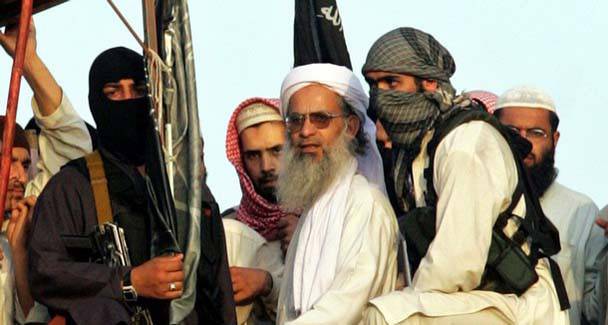“Long attached diseases need to be treated with effective medicine.” As widely anticipated, military courts in current national security situation may not prove to be the best solution to the problem. Although the Constitution and Army Act, 1952 are amended and military courts have been given constitutional as well as legal cover, the problem will persist unless the root cause – the ideology that convinces the heartless savages to kill innocent people – lives on.
Nawaz Sharif, in his last tenure, made attempts to prosecute those found involved in sectarianism and terrorism. Anti-Terrorism Act, 1997 was enacted whereby Anti-Terrorism Courts (ATC) were established. Though it was a good move but it lacked sincerity from the government as well as judiciary.
Unlike a military judge (possibly a colonel or a brigadier), an ATC judge is not provided with enough security and required resources that could enable him convict the terrorists indiscriminately and expeditiously. The ATC judge is always prone to life threats but facing all the hardships, he awards maximum penalty to the accused anyway.
Currently majority of death convicts waiting in death row for their fate to be decided have been awarded capital punishment by civilian courts – Sessions and Anti-Terrorism Courts.
Establishment of the military courts will leave unfading effects on the judiciary, especially Sessions and Anti-Terrorism Courts. The setting up of the military courts is equated as running parallel system to the judiciary yet inadequate to solve the issue. Thorough reforms in existing judicial system would have been far better.
In the past, the Supreme Court has unequivocally pronounced upon the mechanism of case proceedings in the ATCs and has issued guidelines accordingly. It only required timely consideration from the State which it did not.
Supreme Court of Pakistan has held that the special court (ATC) must not be entrusted with one case at a time. Unless it concludes one case, another may be transferred to it for adjudication. It also observed that the ATC must make sure it proceeds the case on day to day basis and concludes the trial in not more than seven days. The order of the Supreme Court further directed that the appeal arising out of the ATC judgment, shall be disposed of by the appellate forum (concerned High Court) within seven days’ time.
Had the guidelines been taken seriously by the government and the apex judiciary, circumstances would have been different and may not have required the establishment of the military courts.
The military courts are undoubtedly insufficient to end the deep rooted problem even if it convict the accused on same day he was arrested and is executed in few months or may be weeks. To get rid of the problem the need of the hour is to root out the ideology that enables mushroom growth of the so-called jihadis and suicide bombers who blast in the streets and corners of the country.
As a first step, the state institutions that had been accomplices in creating the Taliban and had treated them as “strategic assets” have to immediately disassociate themselves from the Taliban.
Whether we accept it or not but the Taliban had become an integral limb of the state of Pakistan. The limb now needs to be cut sans considering the consequences of amputation.
The statement that, “no difference between good and bad Taliban” has to be abide by with utmost sincerity because those fighting on eastern or north-western border with foreign forces – irrespective if they attack or not within Pakistan – need to be eliminated as well.
The support extended to extremist elements in terms of training, logistics, harbouring and letting them use Pakistani soil as safe haven, needs to be stopped for dismantling their respiratory system for good.
Apart from this, the state must establish its writ and ought not to let the powerful clergy dictate their own terms as far as regulating madrassa system is concerned. Wifaqul Madaris is not a competent body to regulate the madrassas which are spread across Pakistan.
Since the matter is of grave nature therefore, it would not be disrespectful if the state puts a strict check over madrassas with respect to their syllabus, teaching staff and students. Madrassas are probably the only institutions not properly regulated, as compared to medical colleges, law schools, IT centers, universities, etc.
It may seem impractical and awkward but the Friday sermons delivered from religious places and the speeches by religious scholars made on special religious occasions need to be scrutinized by the state. For it to happen, the UAE and Saudi Arabia model needs to be put in place.
The pulpit is the primary place where from the hate is transmitted into the minds of common people who hardly have access to other resources to substantiate the claims injected in their minds. The question may arise that if state starts appointing the imam of the mosque then it is bound to fail given the appointment of Lal Masjid imam Abdul Aziz. The hate spewing preachers should not be tolerated at any cost even if the appointment is made by the state.
Any step taken towards rooting out Taliban ideology requires unconditional and uncompromising sincerity otherwise it would be another exercise in futility without achieving any results whatsoever.
Abdullah Nizamani is a law graduate from Hamdard University, Karachi and BPP University, London and is practicing law in Karachi. He may be reached at abdullah_nizamani_aa@yahoo.






